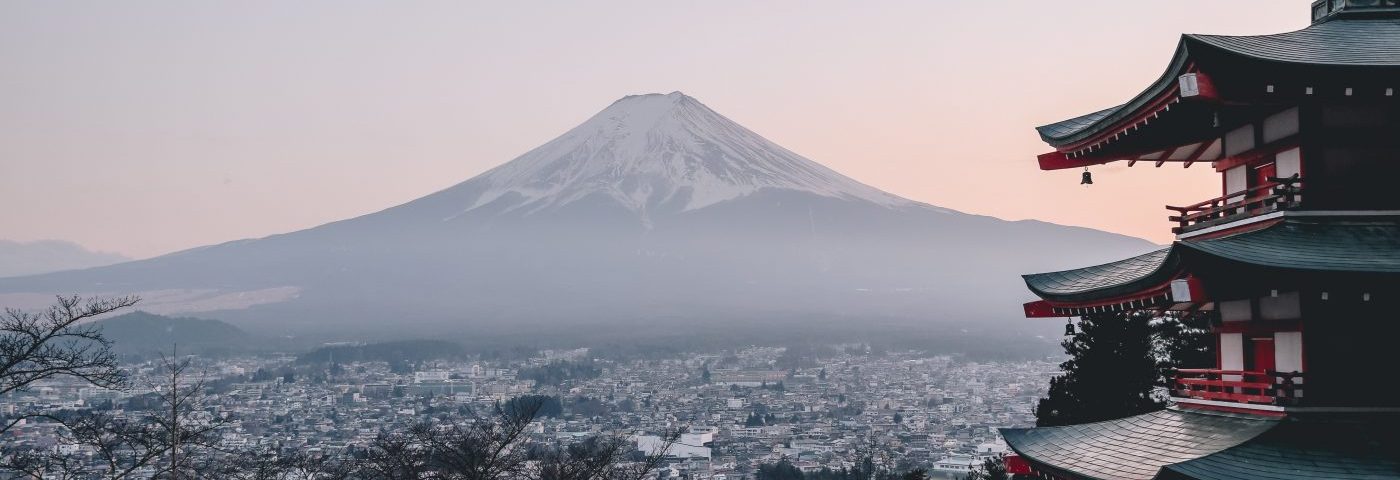The Japan Ministry of Health, Labour and Welfare (MHLW) has granted orphan drug status to axicabtagene ciloleucel for the treatment of certain aggressive forms of non-Hodgkin’s lymphoma (NHL) namely diffuse large B-cell lymphoma (DLBCL), primary mediastinal large B-cell lymphoma (PMBCL), high-grade B-cell lymphoma (HGBL) and transformed follicular lymphoma (TFL).
Axicabtagene ciloleucel was developed by Kite Pharma and has been approved in the United States and Europe as a therapy for patients with relapsed or refractory aggressive B-cell non-Hodgkin’s lymphoma who had failed at least two prior therapeutic approaches. The therapy is known by its brand name as Yescarta.
Orphan drug status aims to encourage therapies for rare and serious diseases, and is granted to investigational therapies whose data supports high efficacy or safety compared to available treatments.
Japanese pharmaceutical company Daiichi Sankyo acquired the exclusive rights to develop, manufacture and commercialize axicabtagene ciloleucel in Japan.
“Receiving Orphan Drug designation is an important step in expediting the development of axicabtagene ciloleucel in Japan and underscores the unmet needs of patients with these aggressive forms of relapsed or refractory B-cell lymphomas,” Kouichi Akahane, PhD, MBA, executive officer, Head of Oncology Function, R&D Division, Daiichi Sankyo, said in a press release.
“This designation represents the third Orphan Drug designation granted for an investigational therapy in our oncology pipeline, demonstrating our commitment to transforming innovative science into value for patients. We look forward to working closely with the Japan Health Authority to bring this important cell therapy to patients in Japan as soon as possible,” he said.
Yescarta uses a patient’s own T-cells to destroy cancer cells. Cells are harvested and genetically modified in the lab to produce a chimeric antigen receptor, or CAR, that enhances T-cells’ ability to recognize and fight lymphoma cells. This is called CAR T-cell therapy.
The therapy’s approval in the United States and Europe was supported by data from the ZUMA-1 Phase 1/2 trial (NCT02348216), which assessed its safety and efficacy in patients with DLBCL, PMBCL, or TFL, most with advanced-stage disease.
A total of 101 patients received a single infusion of Yescarta. Seventy two percent responded to therapy and 51% were in remission. After a median follow-up of 7.9 months, more than half of patients with complete responses were still disease-free.
In Japan, a Phase 2 study similar to the ZUMA-1 trial is being planned.


